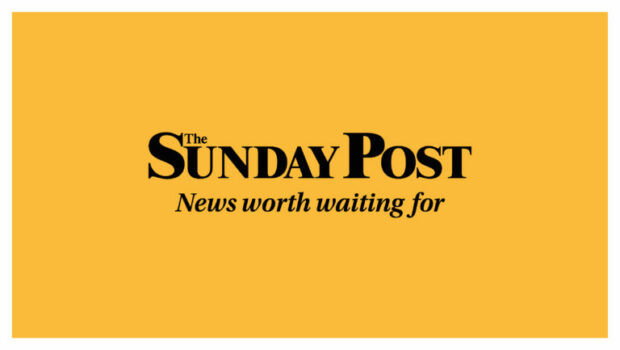
“We know football does not live in a vacuum and we are aware that there are many challenges and difficulties of a political nature all around the world. But please do not allow football to be dragged into every ideological or political battle that exists.”
Well, really, who could not be moved by such an altruistic plea for the power of sport to unify our riven, raddled world? Apart from, you know, absolutely everyone.
Because when the appeal to kick politics out of sport is made in a letter sent to the 32 countries contesting the World Cup in Qatar and is solemnly signed by Fifa president Gianni Infantino and secretary general Fatma Samoura, it would take a heart of stone not to laugh.
We should take lessons from Fifa which, in the face of some competition, could be the shabbiest, greediest, most venal sporting authority in the world. We should listen to the very organisation which sent the World Cup to the desert in the first place? That ripped up the rules, ignored all concerns, and drove through a shameful, shameless decision that demeaned the sport and everyone that supports it?
Has there ever been a more low-key, subdued build-up to football’s global showcase? It is subdued because the world is embarrassed. It is low key because we are mortified. We love the game but hate being complicit in such an abomination.
Qatar is hosting the tournament despite an awful record of intolerance and indifference to human rights, where rape victims can be jailed or flogged for having sex outside of marriage, where gay fans may be arrested for holding hands, and where thousands of migrant workers earned a pittance and died in their thousands building new shining stadiums.
That is bad enough but our rocketing energy bills are a daily reminder that we have contributed our share to the £2 billion spent staging the most dispiriting World Cup ever. If, as the poker players say, you look around the table and don’t see the sucker, it’s you.
We are told, in a campaign orchestrated by the world’s biggest, best-paid PR agencies, that criticism of Qatar’s World Cup is driven by racism and founded on hypocrisy, that other countries have staged the tournament with equally egregious records on human rights.
But they haven’t, not really. Certainly, no previous hosts have faced this kind of criticism with such shrugging, stone-faced dismissal. You can, Qatar seems to suggest with every word and action, like it or you can lump it. Watch our World Cup or don’t. We can afford not to care and we don’t.
The thing is, it is not their World Cup. It’s ours and we should have been asked.

Enjoy the convenience of having The Sunday Post delivered as a digital ePaper straight to your smartphone, tablet or computer.
Subscribe for only £5.49 a month and enjoy all the benefits of the printed paper as a digital replica.
Subscribe